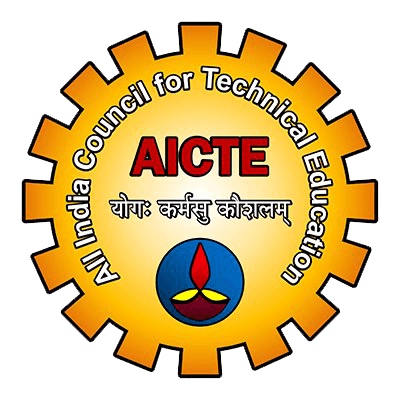

The Department of Chemical Engineering, in association with the Institution’s Innovation Council (IIC-PEC), organized a webinar titled “Recent Trends and Innovations in Petroleum Industries” on 22.08.2024 from 2:00 to 4:00 p.m. via Microsoft Teams. The event began with a welcome address by Dr. A. Murugesan, Professor and Head of the Department of Chemical Engineering. The resource speaker was introduced by P. Gayathri, a fourth-year Chemical Engineering student.
The speaker shared insights into promising trends in the petroleum refinery industry, covering topics such as types of crude oil, refinery configurations, product pricing, and refinery optimization.
Petroleum refining processes transform crude oil into valuable products such as liquefied petroleum gas, gasoline, kerosene, jet fuel, diesel, and fuel oils. The lecture provided an overview of petroleum refineries in India and their growth in refining capacity, highlighting the significant opportunities this industry offers for chemical engineers. The talk covered a range of refining processes, including hydro-treating, hydrocracking, fluid catalytic cracking (FCC), catalytic reforming, and isomerization. These processes improve fuel quality and upgrade low-value residues into high-value distillates.
The speaker, Dr. M. Rengasamy, discussed advancements in refining processes, reactor technology, and catalysts, as well as the impact of stringent environmental regulations aimed at reducing pollution from fuel combustion. The lecture also addressed new processes for cost-effectively upgrading residues, emphasizing the decreasing demand for heavy residue. Additionally, the guest speaker provided a detailed overview of advanced reactors used in petroleum refining, such as multiphase catalytic packed-bed reactors.
Dr. Rengasamy concluded by highlighting the career opportunities for chemical engineers in the petroleum industry, including roles such as Process Engineer, Design Engineer, and Research Engineer. He emphasized the importance of staying updated on rapidly evolving technologies, acquiring proficiency in modern tools like MATLAB and simulation software, and developing strong technical skills to remain competitive in the field.
The session concluded with the speaker addressing various student queries. A total of 75 students and 8 faculty members attended the webinar. Student feedback indicated that the session was highly beneficial, particularly for those aspiring to become entrepreneurs. Finally, M. Jeyasurya, a third-year Chemical Engineering student, delivered the vote of thanks.